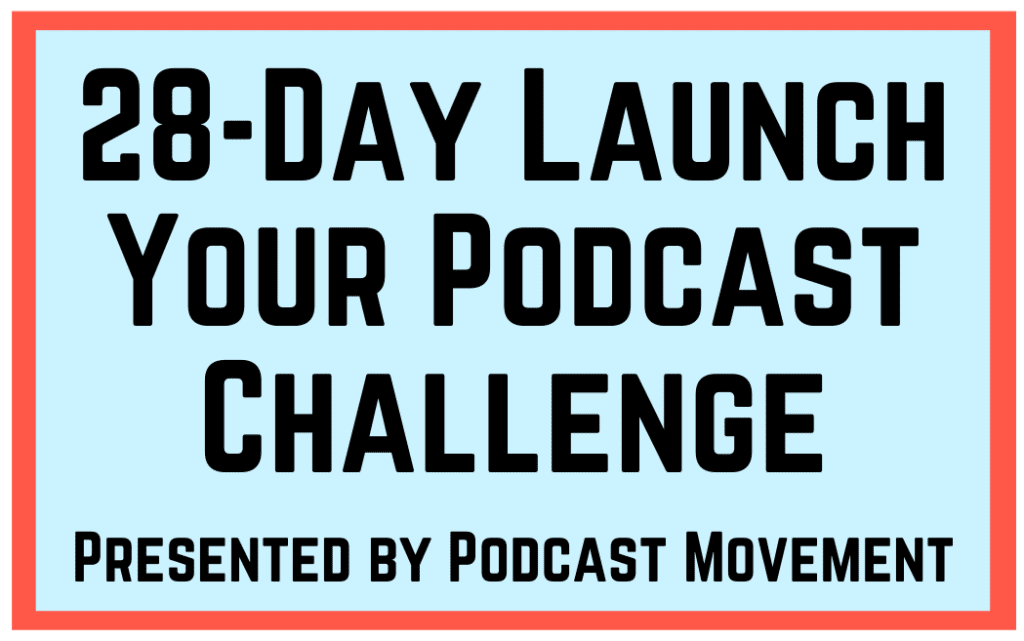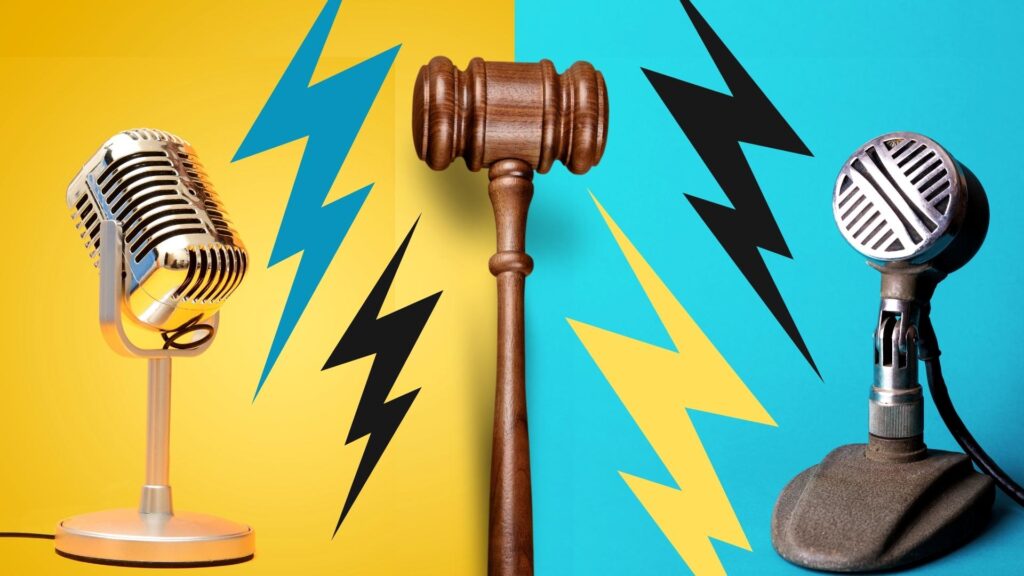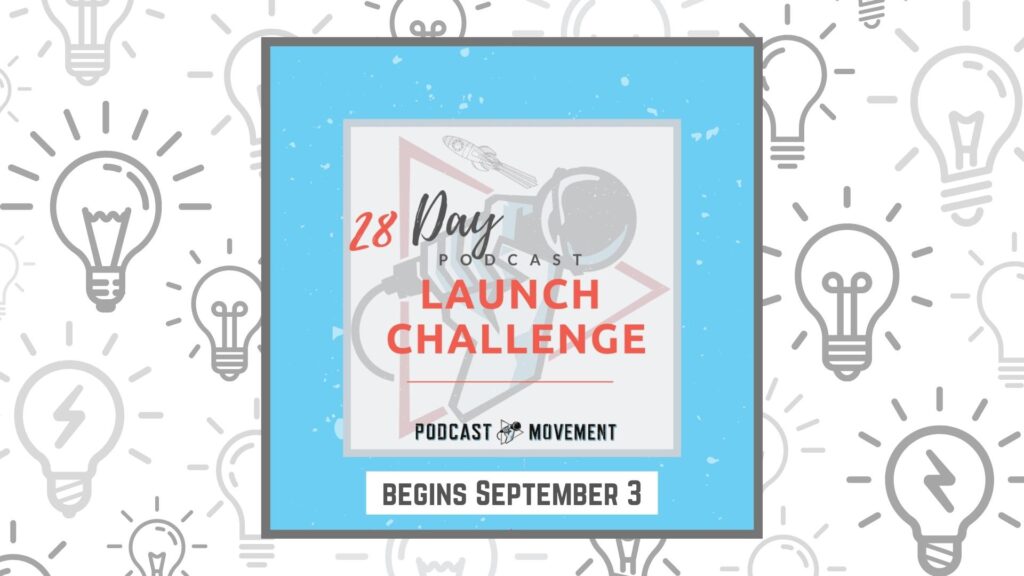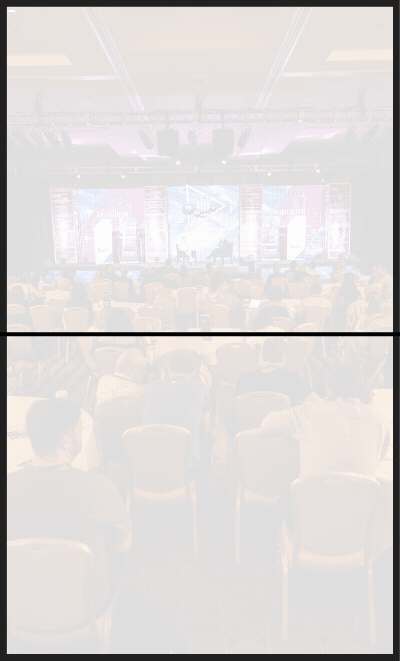
SPONSORED
BY


Editor’s note: The Daily will be off on Monday, returning Tuesday with your morning headlines, resources, and tips. See you soon!

PodMov Daily: Friday, August 27
Episode 493: Week Download Complete

What Can Legally Be Said on a Podcast? An Attorney Explains.
What makes a statement by a podcaster worthy of a lawsuit? Attorney Maria Speth is an internet law expert with clear answers on defamation, free speech, and a few “no-go zones.” As she tells Tracy Hazzard of Authority Magazine, there’s a fine line between going overboard and potentially going to court.
More than other media, podcast listeners tend to “self-select into groups where they are exposing personal standpoints,” Hazzard says. “However, unless you directly harass someone, lie about them or specifically mention them, any case they try to bring against you will most likely be frivolous and go nowhere.”
In podcasting, consequences are almost always personal or professional rather than legal. (When Joe Rogan defended previous comments with “I’m not a doctor, I’m a … moron,” the disclaimer somewhat earned him a pass from the public.) Think before you publish — common sense is a reliable co-host.
Listeners and the Podcast Misinformation Problem
Apple and Spotify may be neglecting the podcast industry’s best hope against misinformation. Valerie Wirtschafter, a senior data analyst at the Brookings Institution, argues that listeners should be able to flag content. Without a system in place, it’s “difficult (or all but impossible)” to communicate with major platforms.
“Like Facebook or Twitter, podcast distributors largely rely on the ‘crowd’ to identify objectionable content,” Wirtschafter writes. So far, that crowd is more of a missed opportunity. Apple’s reporting tool leaves out false content altogether, and Spotify offers zero options to respond with legitimate concerns.
Wirtschafter’s ongoing research involves 8,000 episodes of popular political shows, finding that they’re “an ideal tool to inject false or misleading information into mainstream discourse while going undetected.” Setting up listener feedback would be messy and expensive, but a partial solution is better than none.


Heads up, new podcasters: Registration for September’s 28-Day Launch Challenge will be open for one more week. Members of this free class will have access to daily tasks, private community discussions, and a chance to win a pass to a Podcast Movement event in 2022.
Here's what else is going on:
- Future forward: This Thursday at 9:00 pm ET, Dave Jackson will host a free, virtual Podcasting and Bitcoin Roundtable. The School of Podcasting creator recently launched a topical show (Leading the Bleeding) and welcomes the crypto-curious to bring their knowledge and questions.
- Winning sound: The second annual Black Podcasting Awards will be accepting submissions until this Tuesday, August 31. Shows will be awarded in 28 categories, including science, fine art, and travel. These genres are especially encouraged. The ceremony will stream live on September 26.
- Quality control: For both display and SEO, headlines should appeal to humans. “Keyword salad” is just one of many common mistakes, explains Holly J. Morris of NPR Training. Her guide is full of clear examples of what works for Google and for readers — and what doesn’t. Pun with caution.
- High hopes: Steve Martin hasn’t let us down. “Only Murders in the Building,” a new Hulu comedy series about true-crime podcasting, appears to be pretty good. Rolling Stone’s TV critic calls it “that rare and wonderful thing…the parody that also offers a great example of the genuine article.”




Join the Movement